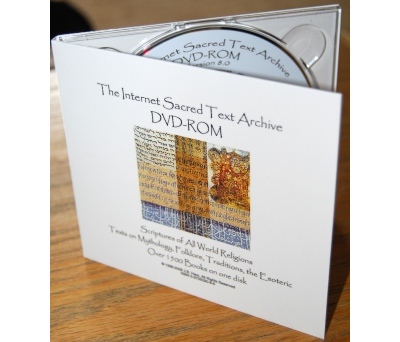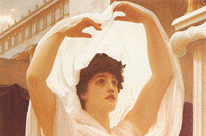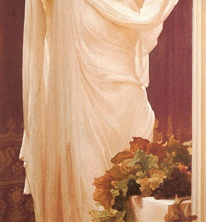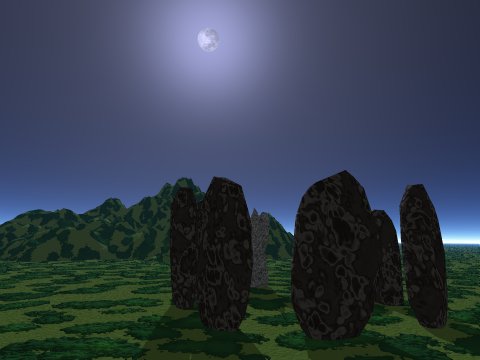
|
Legends and Sagas Celtic Folklore Buy CD-ROM Buy Books about English Folklore
This section has texts about the folklore and legends of England and other resources at sacred-texts about the British Isles. FolkloreSome of the English folklore texts on this page were originally transcribed by Phillip Brown at his now-defunct belinus.co.uk website. These are indicated by [PB]. by Maud Isabel Ebbutt [1910]
by Francis James Child [1882-1898]. This is the motherlode of ballad collections, including many variations on each ballad. by Paul Creswick, Illustrations by N.C. Wyeth [1902] Illustrations by George Wharton Edwards, Introduction by Hamilton W. Mabie [1896] by T. Sharper Knowlson [1910]. Includes many superstitions and customs of England. Thanks to Eliza Yetter at sacredspiral.com. by Joseph Strutt [2nd ed., 1903] Sourcebook on the folklore and social history of leisure activities in 'Merrie Olde England.' by Robert Hunt [1903]. [PB] by Edwin Sidney Hartland, Illustrated by C.E. Brock [1890] [PB] by Joseph Jacobs, Illustrated by John D. Batten [1890] [PB] by Joseph Jacobs, Illustrated by John D. Batten [1894] [PB] Chronicles
Geoffrey Chaucer
William Blake
William MorrisThe works of the prominent English writer and artist, the founder of the Arts and Crafts movement. Predecessor of Tolkien, and translator of Icelandic Sagas. Fairies
Ley Linesby Alfred Watkins [1922] The seminal book about Ley Lines. Stonehenge
Anglo Saxontr. by Francis B. Gummere [1910] 262,705 bytes The archetypal monster story... by Strafford Riggs, illustrations by Henry Pitz [1933] [EY] A long out-of-print prose retelling of the Beowulf saga. Faerie QueeneEdmund Spenser's challenging epic poem has roots in Arthurian legend but additional overlays of Christian allegory. It is one of the roots of the modern fantasy narrative. by Edmund Spenser [1596] The full text of Spenser's epic poem of Chivalry. by Mary Macleod [1916] A retelling of Spenser's epic for modern readers. ArthurianThe matter of Arthur is not one text but a series of layered retellings of the same story, which stretches in an unbroken chain from Malory to Monty Python. Here are some of the most important texts and interpretive works of the Arthurian canon. by Sir Thomas Malory Lady Charlotte Guest, tr. [1877] The Mabinogion is a group of Welsh tales, many of which are set in the court of King Arthur. by Chretien DeTroyes, tr. by W.W. Comfort [1914] by Chretien DeTroyes, tr. by W.W. Comfort [1914] based on Chretien DeTroyes, tr. by Sebastian Evans [1898] by Arthur Edward Waite [1909] A massive overview of the grail legend and its evolution. by Jessie L. Weston [1920]. An academic study of the roots of the Grail legend in the ancient Mystery initiations, a classic in its own right. by Alfred Lord Tennyson by Andrew Lang; Illustrations by H.J. Ford. [1902] An abridged version of the Arthur narrative by famous folklorist Andrew Lang; for 'children of all ages'. Written and Illustrated by Howard Pyle [1905] The legends of Sir Lancelot, Sir Tristram, and Sir Percival. A collection of post-canon Arthurian literature. See also Geoffrey of Monmouth (above). |
Hold the world's wisdom in the palm of your hand. Over 1700 books. |
| On Twitter, follow 'sacredtexts.' |
| Sacred-texts on Facebook |
|
|
 Buy a DVD or USB 1700+ books. Support this site. |






